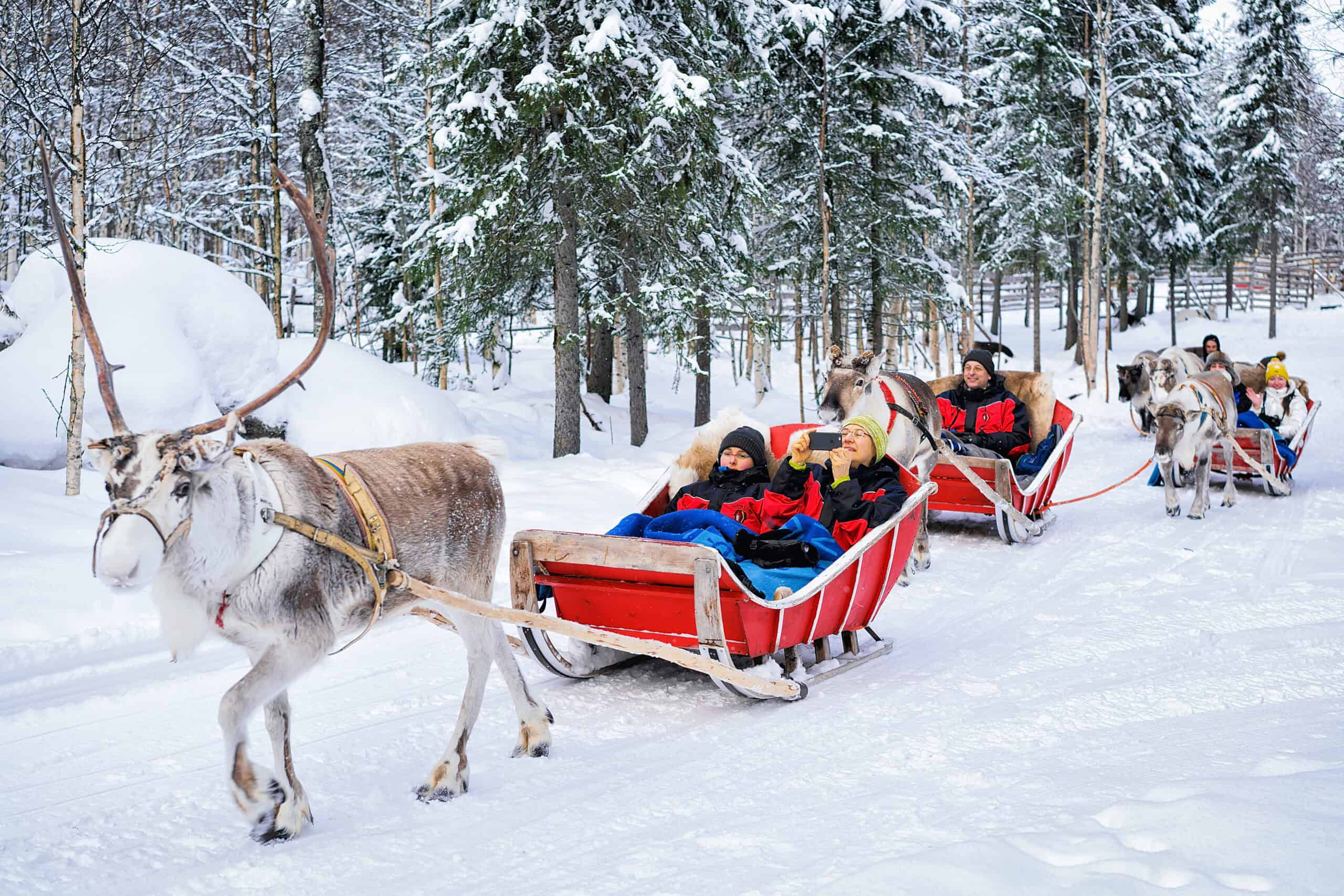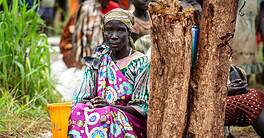What does it mean to be a happy country? The World Happiness Report points the way to life satisfaction for citizens.
Frigid temperatures, dark winter days, a breathtakingly high cost of living: who would ever want to live in a place like that? As it turns out, that is precisely where one can find the happiest people on Earth. Finland conquered the United Nations World Happiness Report’s top spot for the sixth year in a row, and not because there is something in the icy waters of this nation of just 5.6 million people. Finland is not the wealthiest nation either among the 147 countries and territories surveyed by Gallup World Poll: more than 25 other countries beat the country’s GDP per capita, but Nordic countries in general score well.
Happiest Countries Embrace Support
What does it even mean to be a happy country in a world rattled by war, inequality and political divisions? It is often said that even in the worst of times there is joy to be found, and the World Happiness Report rankings back this adage with plenty of data. Since the ranking was launched in 2013, the researchers of the Sustainable Development Solutions Network, the United Nations nonprofit designed to push for broader measures of global happiness and health, have demonstrated time and time again that the happiest countries have high levels of trust and are more resilient when a crisis hits.
Measuring trust in a society is not an easy task. In their 260-page study, the happiness experts offer plenty of detailed charts, graphs and historical data. As a quick alternative, we can skip all that and ask ourselves a simple question: how worried would I be if I lost my wallet? To feel that it would be returned by a police officer, a neighbor or a stranger, tells a lot about how happy you and the people around you are. For example, in an experiment, when wallets were intentionally dropped in the street by researchers, far more were returned than people had expected.
This year’s report has specifically examined how acts of kindness and generosity—both in terms of what recipients gain and what givers gain from these acts—affect personal happiness, and one of the key findings is that we are often too pessimistic about the benevolence of others. For example, in an experiment, when wallets were intentionally dropped in the street by researchers, far more than people had expected.
Also, because we often undervalue others’ kindness, learning about their generosity can boost our well-being, and when a society is more benevolent the people who are least happy see the greatest benefit. To prove their point, the researchers note that benevolence increased during COVID-19: “People needed more help and others responded. This ‘benevolence bump’ has been sustained since then.” In fact, despite a fall from their peak, these acts are still about 10% above their pre-pandemic levels.
Nordic Nations Lead The Pack
Nordic countries continue to excel, as they have historically: Finland tops the list, but Denmark, Iceland, Sweden, the Netherlands and Norway make the top 10 too.
What sets them apart from nations with lower scores are support systems that can soften the impact of shocks. Whether through support for mental health and well-being or a strong sense of leaving a positive legacy for future generations through efforts like the Sustainable Development Solutions Network, citizens of happy countries report better life evaluations and more positive assessments of their own lives. What is exactly the right mix of ingredients for happiness? High GDP per capita, social support in times of need, an absence of corruption in government, healthy life expectancy, freedom to make life choices, and generosity or charity towards others—these are the original six key factors that the researchers have used over time in their report on global life satisfaction.
Yet, this edition of the Happiness ranking contains some big surprises too: two countries from Latin America, Costa Rica and Mexico, have entered the top 10 for the first time, jumping 6 and 15 spots respectively. Their GDP per capita is roughly a fifth of that of the richest nations in the world (Luxembourg or Singapore, for example), and roughly a third of that of all the just-mentioned Nordic countries, but money—as the report has repeatedly demonstrated over many years (and as many of us are still stubbornly reluctant to believe)—truly does not buy happiness.
#10 | Mexico 🇲🇽
In the pursuit of happiness, Mexico and other Latin American nations, with their large households and strong family ties, have many valuable lessons to teach us. Life satisfaction is higher among couples with children and those who live with their extended family, and households of four to five people are associated with even more elevated levels of happiness.
While such living arrangements are often linked to diminished economic satisfaction, a higher degree of relational satisfaction is not in doubt. Being part of a large family just makes us happier, even though at times it can drive us crazy too. The correlation is evident among Europeans as well, where single-person households make up just 23% of the total and two-member households are 34%. In Mexico, however, these figures are just 11% and 20% respectively. And it’s not just the close family: Mexicans also score very high when it comes to the quality of social connections. They know they can count on people in their lives, such as other relatives and friends, to provide help whenever needed.
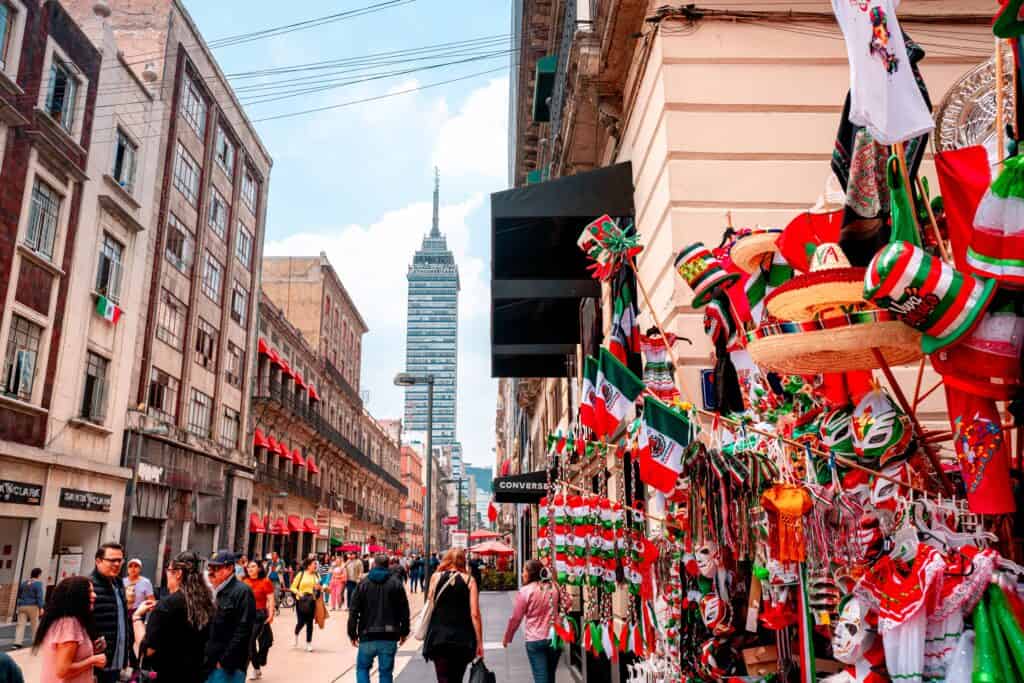
#9 | Luxembourg 🇱🇺
Just a decade ago, this land of castles, lakes and rolling hills sat at the lower end of the top 20. Luxembourg made it into the top 10 in the 2020 edition of the report and has remained there since.
This small nation of less than 700,000 people scores above average in social connections, subjective well-being, freedom to make life choices and life expectancy. And while money cannot buy happiness, Luxembourg’s status as one of the richest countries in the world where workers enjoy an average gross salary of almost 7,000 euros per month certainly doesn’t hurt.
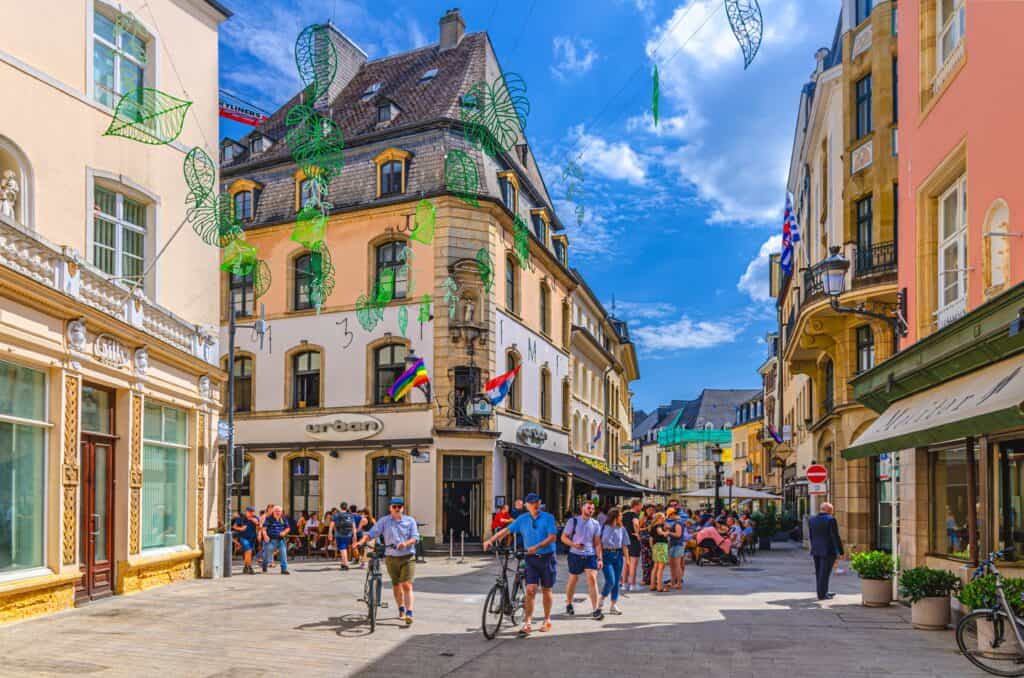
#8 | Israel 🇮🇱
Though it slipped three positions since last year, it might be surprising to find Israel close to the very top of the UN Happiness Index amid the country’s ongoing war with Gaza. But there is a relatively simple explanation: the collective sense of empathy and solidarity, and thereby happiness levels—as also proven by the Covid-19 pandemic—tend to rise when a crisis hits.
It is also worth noting that since the index was released for the first time a decade ago Israel never slipped below the 14th spot. But how could this nation of roughly 10 million— surrounded by hostile neighbors and perpetually embroiled in conflict—truly be so happy? Easy answer: happiness is not just determined by the presence or the lack of one given element. Israel is a rich and vibrant country where people can rely on strong community ties and feel they can decide how to pursue their goals in life.
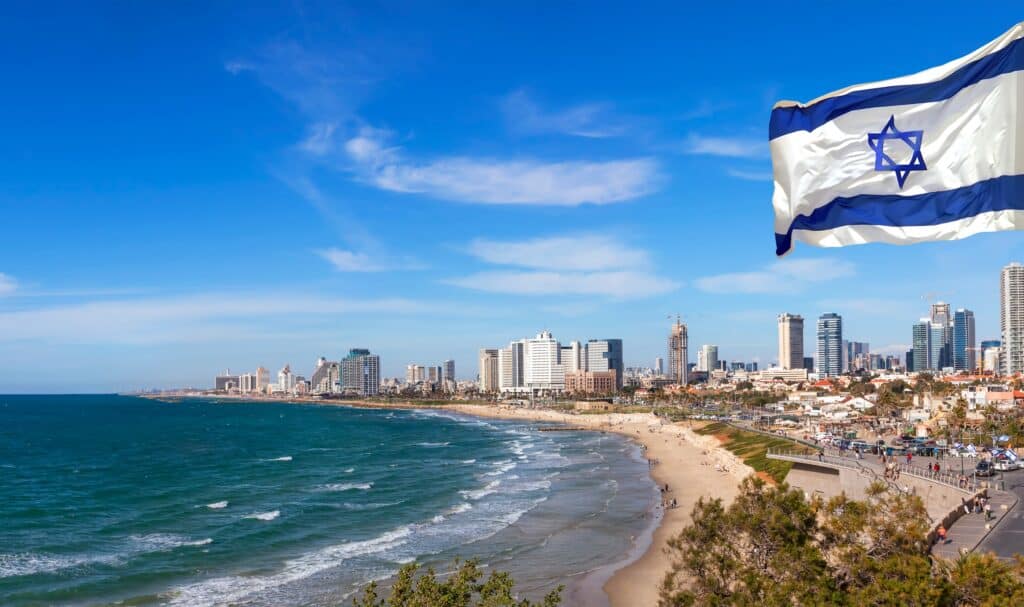
#7 | Norway 🇳🇴
It is one of the most prosperous countries in the world—and one of the most virtuous. Norwegians think that democracy should enforce social and economic equality. The result is less income and gender disparity, excellent free healthcare and more confidence in elected officials. Social and institutional trust are essential factors in one’s sense of personal well-being, and the Covid-19 pandemic proved it starkly. In that sense, Norway has been particularly successful in keeping mortality rates low and mitigating the economic impact of lockdowns.
While over the past few years Norway has been slipping in the ranking (it occupied the top spot in 2017), there is no doubt that its social model remains an extraordinary success story.
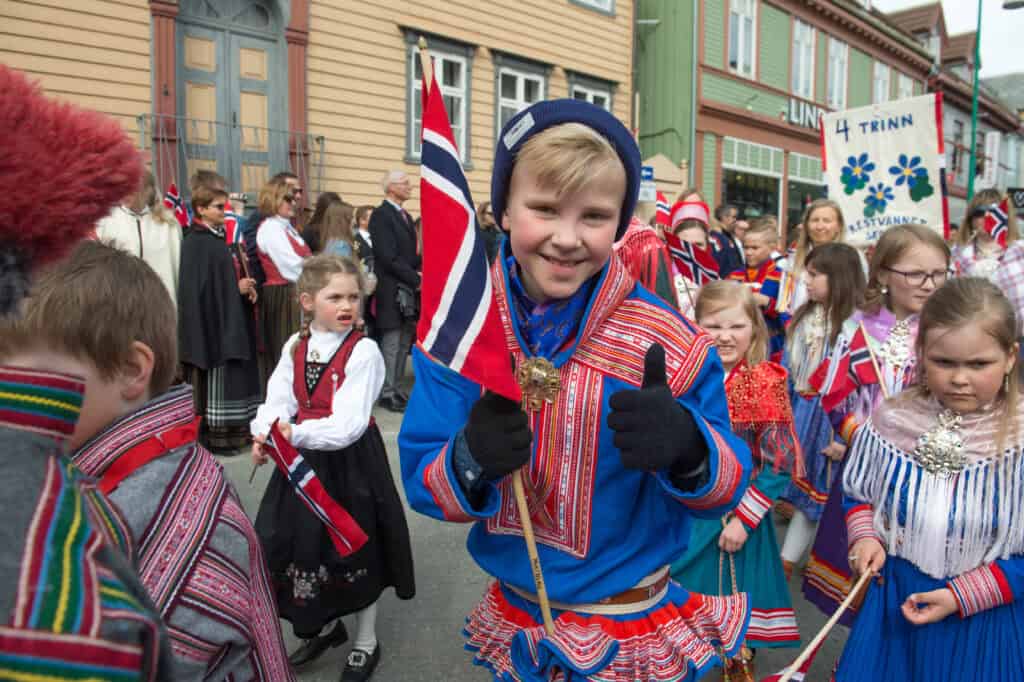
#6 | Costa Rica 🇨🇷
About 5 million people living on this thin stretch of land between Nicaragua and Panama are among the happiest on earth. Although one in five citizens is estimated to live below the poverty line, all Costa Ricans have what is often missing in wealthier countries: a good welfare system that includes universal access to health care, primary and secondary education, and relatively high pension benefits.
How does the government pay for all that? Costa Rica abolished its military in 1949, and has since invested those savings in its people. Along with the presence of strong family ties, beautiful landscapes and perfect weather, it is no wonder that Costa Ricans are quite content with their way of living.

#5 | The Netherlands 🇳🇱
Gaining one spot in this year’s ranking, the Dutch are more affluent, educated, and free to make their own life choices than at any point in their country’s history.
Except for Mexico, the top 10 no longer include any of the world’s most populous nations, with the Netherlands being the only one with a population exceeding 15 million. Remarkably, among the countries in the top 10, the Netherlands also showed the smallest gap between the most and least happy people: in other words, the Dutch experience similar levels of happiness, and they are quite high.
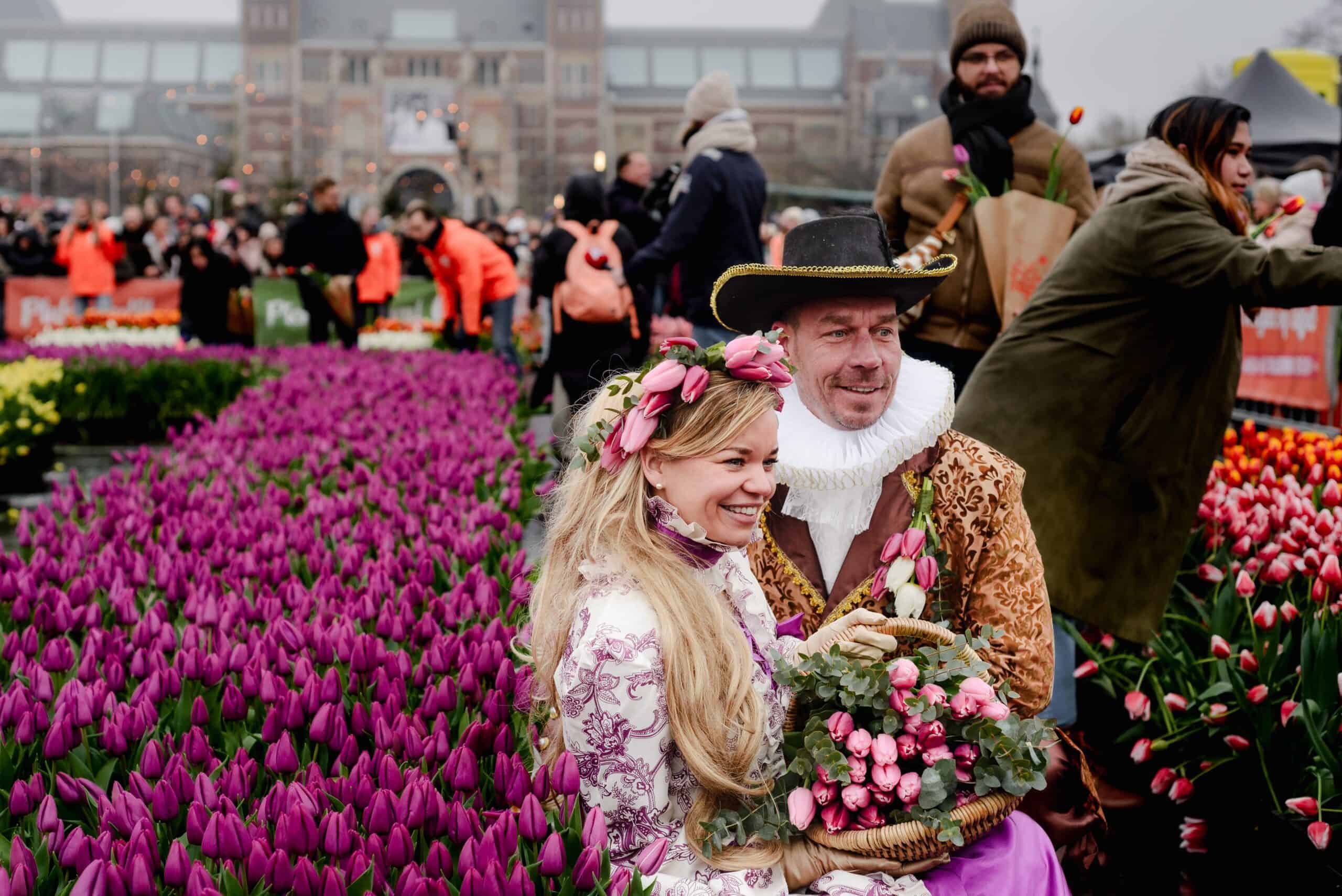
#4 | Sweden 🇸🇪
Along with the top three nations in the ranking, Sweden maintains the position it held last year. Sweden has consistently ranked high on the list thanks to its affluence, strong social support networks, and perceived honesty and accountability of its institutions.
The Scandinavian country also boasts an enviable work-life balance: it offers one of the longest paid vacation periods compared to any other country in the world—with a legal minimum of 25 days that can go up to over 40— while new parents can take up to 480 days during which they receive around 80% of their salary.
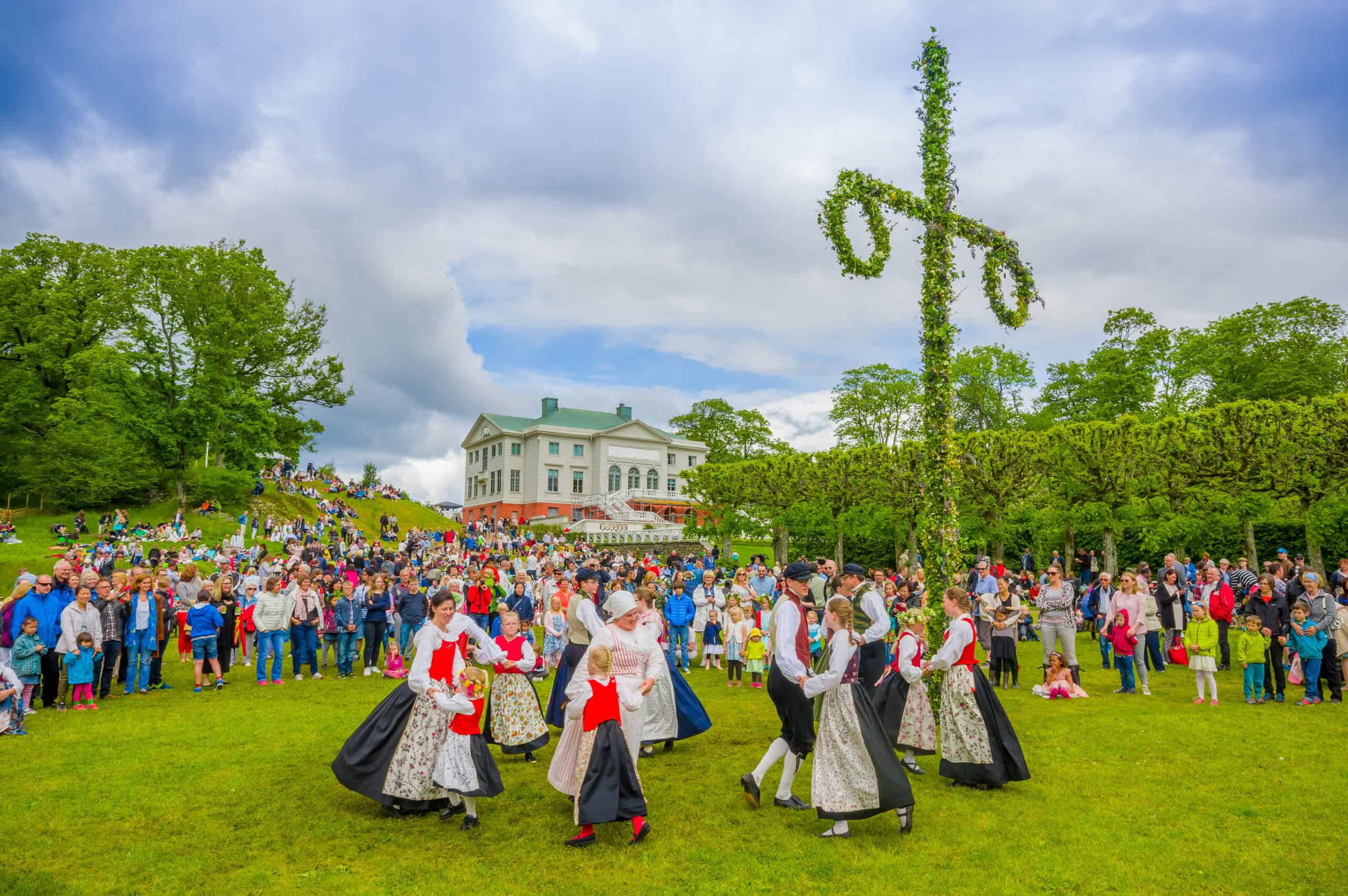
#3 | Iceland 🇮🇸
Iceland routinely tops a wide variety of quality-of -life rankings. Chosen by both the World Economic Forum as the best country in the world for gender equality and the Institute for Economics and Peace as the most peaceful for more than 10 years in a row, this republic of about 400,000 is one of the most environmentally friendly too. Iceland also has the highest per capita publication of books: 10% of its residents will embark on the noble quest of penning one in their lifetime, which must be something that makes them really happy.
Iceland has sat in the third position of the happiness ranking since 2022, and with its enchanting landscapes, low taxes and free healthcare and education, it is no surprise that it is so close to the top of the UN index.

#2 | Denmark 🇩🇰
Coming in as runner-up for the seventh year in a row, Denmark topped the list in the first report, in 2012, and again in 2013 and 2016. Nordic countries, the authors of the report have noted in the past, share similar social and political models and values. That explains why all of them feature among the 10 happiest countries in the world and why they often swap places in the ranking.
Danes score high when it comes to work-life balance, the environment and healthcare. They also pride themselves on having one of the smallest wealth gaps in the world—and a society where people share both the burdens and the benefits equally, the report shows, is a happier society.
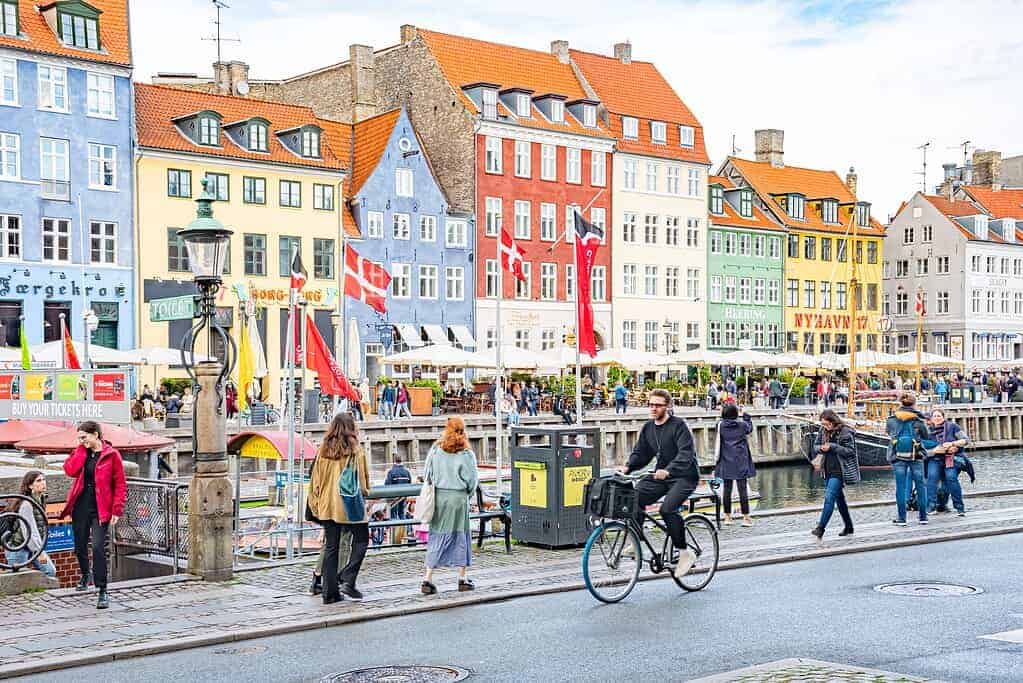
#1 | Finland 🇫🇮
Finland did it again. It vaulted from fifth place to the top of the ranking in 2018 and seems determined to stay firmly put. Finns also have a lot going for them. This country of very happy people enjoys high standards of living, a thriving cultural life and three million very relaxing saunas. With more forest per square mile than any other European nation, many Finns also credit their connection with nature and the outdoors for their satisfaction with life.
So as not to be selfish, the reigning champion of happiness even offers tips to the rest of the world on how to live better. Along with a lot of swimming, hiking and biking, through its tourism organization it recommends long walks in forests overflowing with berries, mushrooms and wild herbs. You’ve never seen anything remotely like that where you live? That’s exactly the point: they are telling you to come and visit.
